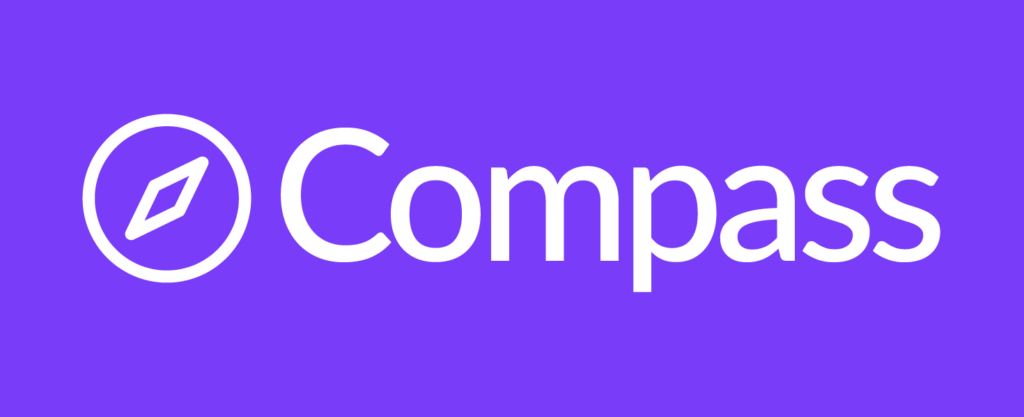The University of Michigan is home to a robust healthcare ecosystem, with nationally-ranked hospitals and numerous campus-wide health clinics. But during my time at Michigan, I’ve continually struggled to figure out which healthcare resources are right for me when I’m sick or stressed due to the sheer number of options available. After talking with other students, I quickly found out that I’m not alone and that many others have experienced the same struggle. That is why my friends and I started working on “Compass,” a web platform that helps students find on-campus healthcare resources at Michigan.
After a couple of months of hard work, we created an extensive database containing information on every on-campus resource at U-M. Additionally, we engineered a website to surface this information in a clear and accessible way. However, we had no way of knowing whether our platform would work as intended and actually help students find care. We had heard of user testing before but weren’t sure how to run a test or analyze the data. That’s why we turned to the Social Transformation Fellowship.
One of the key things we learned from the Fellowship was how to run focus sessions with potential users and effectively gather feedback from user testing participants. Different subject-matter experts walked us through how to recruit participants, ask comprehensive questions, and analyze both quantitative and qualitative data from these sessions. This was incredibly helpful, as it allowed my team to better understand how we could assess the needs and wants of students that could potentially use Compass.
In addition to learning how to run focus sessions, the Fellowship also helped us understand how to ethically and responsibly work with different populations. A staff member from the Ginsberg Center taught us how cultural humility can allow you to engage with populations respectfully, especially when you are trying to design interventions to help them. This was especially important for us in building a healthcare resource platform, as we want to make sure that we are providing access to resources for all students, regardless of their background or needs.
Overall, participating in the Social Transformation Fellowship was an invaluable experience for our team. It provided us with the knowledge necessary to build a web platform that inclusively helps all students find on-campus healthcare resources. We are so thankful for the opportunity to have been a part of this Fellowship and are excited to continue working with the BLI going forward!
By, Grant Veldhuis, Kishor Bharadwaj, Aparna Reddy




